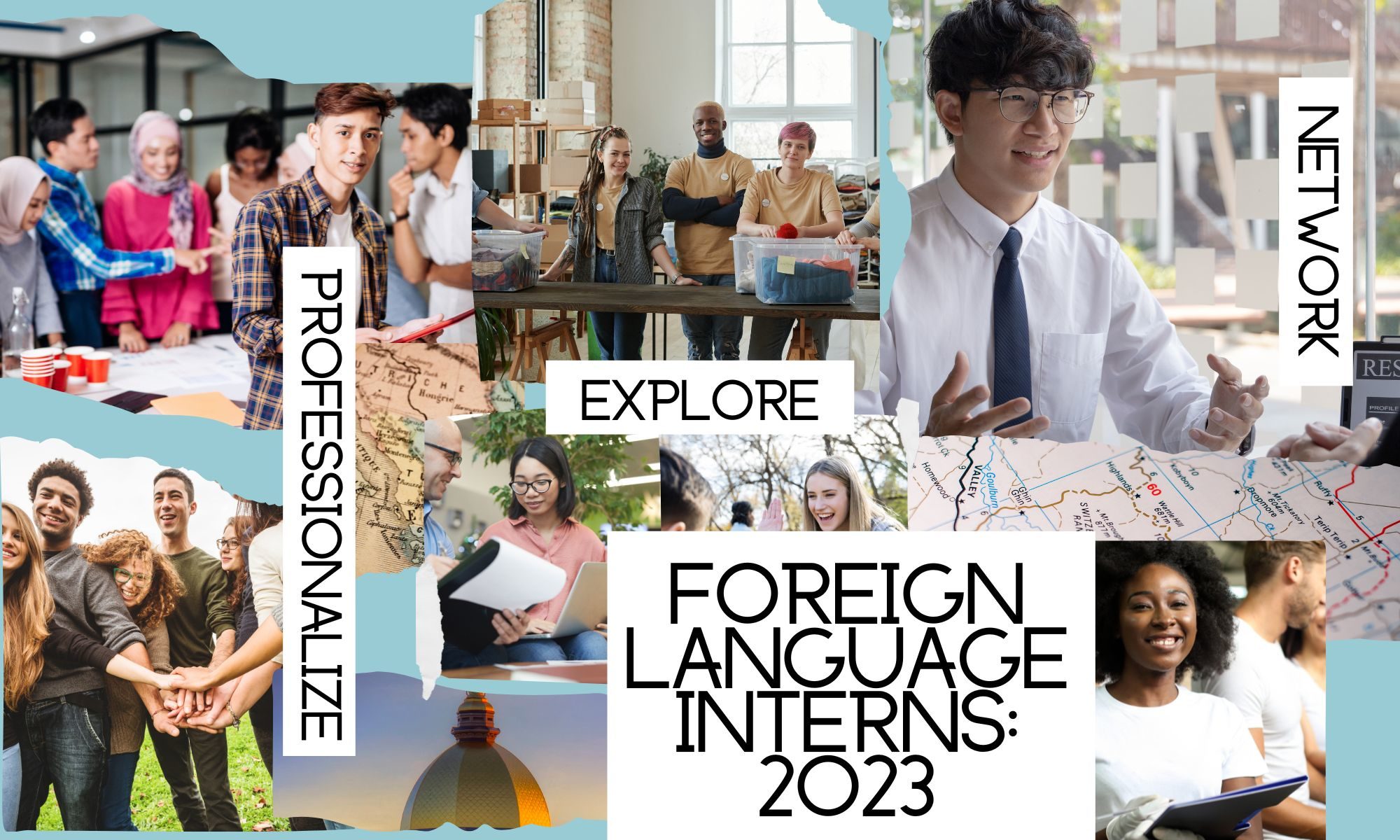One of the best things, in my opinion, to cool yourself off on a warm summer morning is iced coffee. Walking around Lisbon at the beginning of the day; what I craved the most was a cup filled with iced cubes and freshly brewed European coffee. However, it wasn’t long until I realized that this is not common in Portugal.
I was walking to work one morning and saw a beautiful traditional-looking coffee shop where I decided to stop for a quick break and a refreshing iced coffee. I had been in Lisbon for around four days at this point and had my first iced coffee in Portugal at Starbucks as I left the airport. The thought of iced coffee not being available hadn’t crossed my mind.
I walk into the coffee shop and confidently say what I thought was the Portuguese way of asking for an iced coffee: “Bom dia! Eu queria um cafe gelado por favor?”. The barista gave me a weird look. I rephrased my order and said “Posso ter um cafe com gelo por favor?”. He, as the Lisboetas usually do at a hint of an accent or wrong phrasing in Portuguese, quickly switched to English asking “Is it better if you order in English?”. I accepted and explained that I wanted a cup of coffee with ice in it. Everyone working at the cafe was confused as the barista hesitantly replied “Yes, that’ll be 1.25 euros”.
I got what seemed to be an attempt to make an iced coffee by confused Portuguese baristas and left feeling confused myself and, a little embarrassed about what had just taken place. Thinking back on that situation I realize that what happened was that I had ordered a way of making coffee that they didn’t seem to understand.
There are many ways in which, at that moment, I interpreted the situation. At first, I thought, this person is a new worker but once I saw everyone in the shop’s reaction I changed it to: ‘I’m not saying this correctly in Portuguese’. Then, once I switched to English I thought through the situation a little more and understood that maybe iced coffee is simply not something that this cafe didn’t do. Slowly, a scary thought poped to my mind: ‘what if, this wasn’t just something that happened at this cafe but in Portugal in general?”, or even scareir “What if iced coffee wasn’t a thing in Europe as a whole?’.
I had so many questions so, I got to work and voiced my concerns to my colleagues. I told them about the experience I just had and checked with them about some of the conclusions or interpretations I had reflected on as I walked from the coffee shop to my workplace. Everyone had a good laugh and explained to me that iced coffee is not common in Portugal and that people like enjoying a warm cup of coffee, even in the summer. This is when I confirmed one of my interpretations and understood that some of the other conclusions I had arrived at weren’t completely correct. My Spanish co-worker laughed as well and explained to me that she had the same experience when she first got to Portugal. She told me that iced coffee is common in the summer in Spain and that it wasn’t necessarily uncommon in Europe as a whole. I sighed in relief at understanding the situation better. I simply accepted the fact that I would have to either learn to enjoy warm coffee during my (very warm) stay in Lisbon, learn to ditch coffee as a whole (who is she?), or, accept that I would look like a crazy person trying to explain that I wanted a delicious cup of warm coffee with a whole bunch of ice in it.
This conversation was very interesting and it led to a longer discussion about what things were and weren’t normal for us in our different countries of nationality and cultures. I think that there are small things in our day-to-day that we accept as normal and it becomes so interesting to be able to experience how people in other cultures and countries go about these common day situations. The way that my colleagues and I were able to connect as individuals and share our own experiences to create a small community of shared knowledge was captivating to me and it is one of the main reasons why I love discovering new places, cultures, and people.
This was a confusing yet interesting experienced that helped me understand a little more about the Portuguese culture and about intercultural skills that can be very important to develop.
